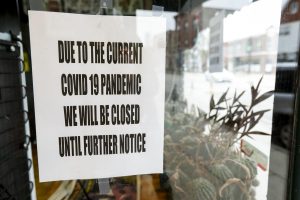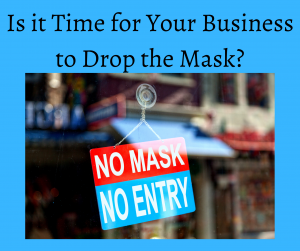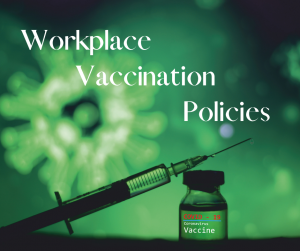Recently, we ran a post What to consider when Starting a Small Business, Part One about some of the early steps in starting a small business—deciding you’re ready, figuring out what type of business you want to start, surveying your competitors, and figuring out the optimal business model.
At that point, it’s time to get down to the proverbial brass tacks and put together a business plan, which really doesn’t need to be more than one page long unless you’re going to apply for a loan from a bank (in which case you should find out what the lending institution requires).
 Chicago Business Attorney Blog
Chicago Business Attorney Blog











